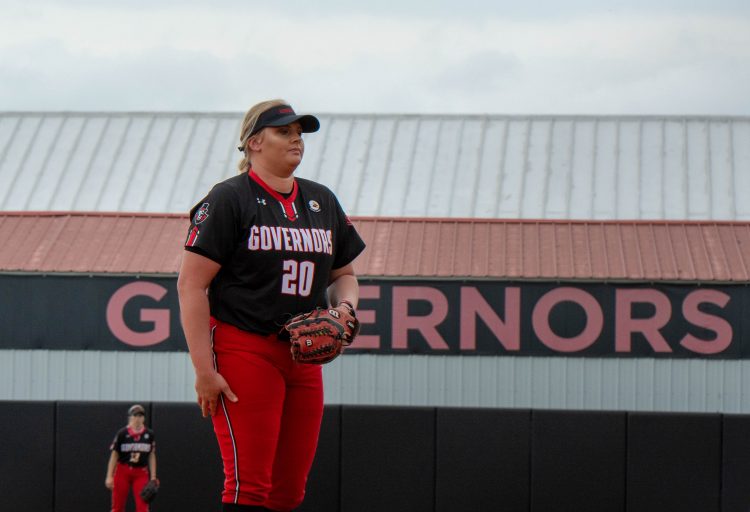» By TRENT SINGER – tsinger@my.apsu.edu
Joe Paterno passed away early Sunday morning from failing health conditions caused by lung cancer, and as many people mourned the loss of Penn State’s longest-tenured head coach, what happened in November 2011, resulting in Paterno’s eventual firing, must never be forgotten.
People will always remember what Paterno did on the football field, which is unparalleled in college football. Known for his demeanor and respect for student athletes, Paterno is NCAA Division I Football’s winningest head coach with 409 total wins. His 24 bowl wins is more than any head coach in college football. Paterno won two national championship games and three Big Ten titles throughout his 45-year coaching career, along with a number of Coach of the Year accolades awarded by various organizations in college sports.
It’s the story of what Paterno failed to do off the field that must be remembered with his legacy. In November 2011, former Penn State assistant coach Jerry Sandusky was charged on multiple accounts of alleged sexual abuse to young boys over a 15-year period. The charges were first revealed to Paterno in 2002, when then-graduate assistant Mike McQueary confronted Paterno about having witnessed Sandusky sexually abuse a 10-year-old boy in Penn State’s football shower facilities.
According to the grand jury report, Paterno notified Athletic Director Tim Curley the next day about the incident, and later notified Gary Schultz, director of Business and Finance, who oversaw the University Police.
After nine years had passed, justice caught up to Sandusky. People everywhere began raising questions about Paterno’s moral actions in the situation, questioning why he failed to notify the police of what his graduate assistant had seen.
Amidst the tragedy of watching a symbolic figure pass away, Paterno’s inability to protect his reputation by acting on moral impulse must always be remembered when detailing his legacy.
People will continue to argue McQueary never gave Paterno the full details of what was witnessed in the shower facilities that night. They will argue Paterno humbly apologized, and he did what was right by telling his higher-ups about what was reported to him.
However, there are a number of questions that can’t be disregarded in outlining his legacy. Given the raw information of McQueary’s accounts, how could Paterno or McQueary not report the situation to police? With Paterno’s apparent attempts to protect the Penn State name, why wouldn’t he apologize? Why did the “leaders” of student athletics at Penn State fail to tell the police about Sandusky?
Perhaps we can justify his actions by acknowledging the generational differences that come with Paterno’s age. Justification is the only way to put away any questions regarding Penn State’s former head coach.
Throughout his coaching career, Paterno taught his players many things, including discipline, integrity and motivation. In sports, legacies are often defined by what is done on the field. But when scandals emerge and national attention spotlights an iconic figure like Joe Paterno, while questioning the moral actions he took to defend the Penn State name, we must never forget what Paterno didn’t do. TAS


